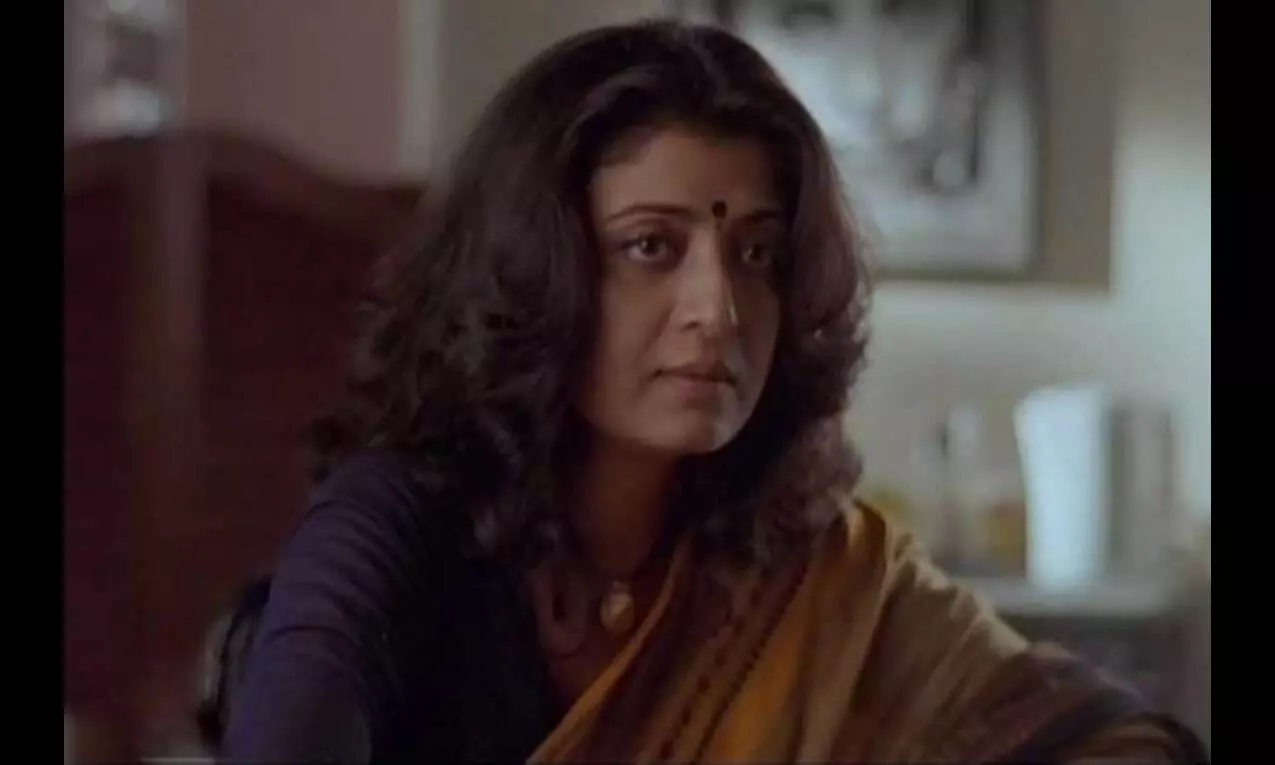Reliving 5 Rituparno Ghosh’s films that redefined Bengali cinema

It’s difficult to choose just five films from Rituparno Ghosh’s impressive collection of 19. With standouts like ‘Unishe April’, ‘Bariwali’ and ‘Chokher Bali,’ it’s no easy choice. On his 60th birth anniversary, we highlight five films that have not only touched our hearts but have also left an everlasting impact. A master at storytelling, few have captured the intricacies of human relationships in Bengali cinema like Ghosh.
Asuhk (1999): Rituparno Ghosh always handled the complexities of human relationships with sensitivity. In ‘Unishe April’, Debashree Roy portrayed the unglamorous daughter of a glamorous dancer, while in ‘Asuhk’, her role is reversed, with Roy playing a film star’s daughter to Sudhamoy (Soumitra Chatterjee). The crux of the narrative revolves around the complexities of a father-daughter relationship, accentuated by the mother’s illness and the discovery of her fiancé’s involvement with a younger actress. Ghosh also addressed the delicate subject of AIDS, a topic rarely touched upon in Indian cinema at the time and did so with extraordinary tact.
Utsab (2000): If you’re looking for films set during Durga Puja, Rituparno’s ‘Utsab’ stands as a prime choice. Against the backdrop of this festive occasion, an ancestral household gathers, unraveling deep-seated emotional conflicts and hidden tensions among family members and relatives. Featuring a powerhouse cast including Madhabi Mukherjee, Mamata Shankar, Prosenjit Chatterjee, Rituparna Sengupta and Dipankar De, Ghosh skillfully unveils the familial struggles constrained by societal norms.
Titli (2002): Rituparno is a master craftsman when it comes to handling the intricate dynamics within mother-daughter relationships, evident in both ‘Unishe April’ and ‘Titli’. ‘Titli’, especially, offers a complex narrative, an adolescent daughter (Konkona Sen Sharma) falling for a superstar (Mithun Chakraborty), blurring reel and real. With Aparna Sen as her mother, the film added much-needed authenticity. ‘Megh Peon’, brought to life by Srikanta Acharya’s rendition, Debojyoti Mishra’s composition and Ghosh’s soul-stirring words, remains timeless.
Dosar (2006): In his 2006 black-and-white gem ‘Dosar’ (‘The Companion’), Rituparno masterfully explores marital infidelity. Konkona Sen Sharma shines as an estranged wife, her husband (Prosenjit Chatterjee) confined to a hospital bed. What truly shatters her is the revelation that he was with Mita (Chandrayee Ghosh), a colleague he had been having an affair with, during the accident, which claimed Mita’s life on the spot. As one watches the film, Kaberi’s (Konkona) internal turmoil becomes palpable, a clash between a vengeful desire to sever ties with her husband and an undeniable sense of duty that repeatedly pulls her back into the marriage.
Abohomaan (2010): Originally conceived in Hindi, Rituparno later chose Bengali as the canvas to explore the story of a married filmmaker falling in love with an actress of his son’s age. While not among the most acclaimed of Ghosh’s works, the director’s finesse in interweaving the intricate relationships between thespians Binodini Dasi and Girish Chandra Ghosh with the contemporary dynamics of Aniket and Shikha (portrayed by Dipankar De and Ananya Chatterjee) is truly mesmerising.



